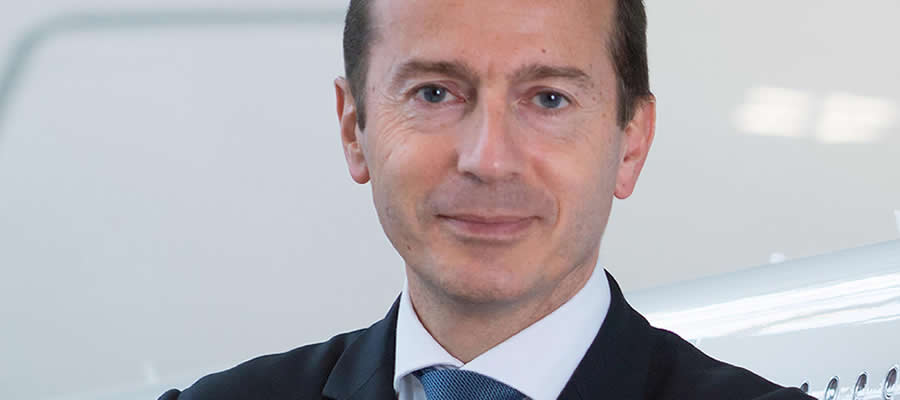Guillaume Faury, chief executive officer of Airbus, writes that aviation is: “an irreplaceable force for good in the world” but warns that the future of the industry is at risk while borders remain closed and “influential voices in Europe” call for more permanent curbs on flying.
As the environmental lobby increases its pressure on airlines and the aviation industry to reduce carbon emissions, Faury has been prompted to extol the many virtues of aviation as a support for the world economy and a force for good connecting and uniting people, cultures and businesses. He warns however that the longer the hiatus on international trade and movement, the more serious the economic consequences will be, which will leave governments unable to transform industry to meet the challenge of climate change.
“In order to rise to this challenge, a rapid transformation of everything from the power and transport sectors to heavy industry and construction is needed. This in turn depends on the urgent deployment of vast amounts of capital. Yet this crisis is constraining business investment and, amid closed borders, the world has become a more unstable place in 2020 due to growing nationalism, geo-political conflict and protectionism.
“All this is at stake during this pandemic. All this explains why the safe, swift revival of air travel can help heal the wounds of this crisis.”
He adds that each industry sector needs to address this concern and reiterates Airbus’ commitment to reducing carbon emissions.
“While emissions from aviation only account for 2-3% of all man-made CO2 emissions, we want to be at the forefront of this major transformation. At Airbus, our ambition is to lead the decarbonisation of our sector and build the world’s first emissions-free airliner by 2035. We are committed to this ambition as demonstrated by our new emission-free aircraft concept designs. We believe we can pioneer the industry, with key partners, to make carbon-free commercial flight a reality.”
To act effectively, Faury argues, the aviation industry needs to be part of the solution: “aviation offers passengers an unparalleled breadth of connections - 8,600 direct routes between cities in Europe alone - and greater range: the average distance of each flight in Europe is over 1,700 km, more than five times the length of most rail journeys. Aviation brings these advantages while protecting the Earth and its ecosystem by flying over it - this gives us an opportunity to be even more visionary from an ecological standpoint.”
Faury ends that his message for policymakers is clear: “aviation is an irreplaceable force for good in the world. It must remain so in the post-pandemic world.”

